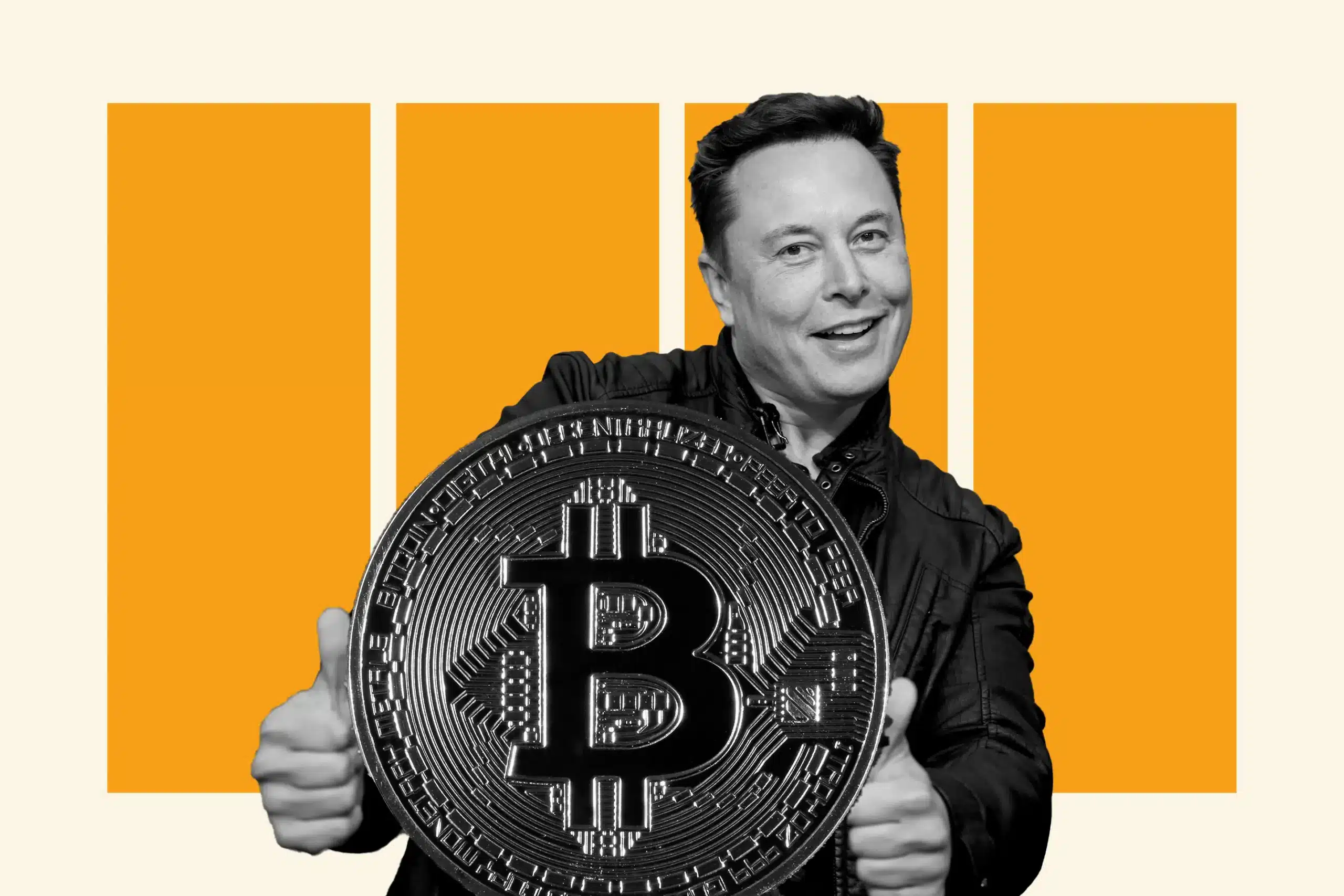There is currently bipartisan opposition in the House Financial Services Committee to a bill regulating stablecoins.
Why Could Elon Musk’s Cryptocurrency Hurt the Market?
Some lawmakers are concerned about the bill’s potential ramifications, as it could allow prominent members of the technology industry, such as Elon Musk, to bring their stablecoins to market. This could lead to such individuals exerting significant influence and control over the global payments landscape.
A bill proposed by Rep. Don Beyer seeks to establish strict rules for stablecoin issuers. Under this bill, issuers would be required to enter into a banking agreement, comply with regulations set by the Federal Reserve, and receive explicit authorization from the Treasury Department and the Federal Deposit Insurance Agency. These requirements strengthen oversight and control over stablecoin transactions to create a more robust and transparent ecosystem. In addition, the proposed bill seeks to curb the possible use of stablecoins for illegal purposes, such as facilitating money laundering and financing terrorist activities.
The Bill May Negatively Affect Competition in the Crypto Market
On the other hand, some community members have expressed their concerns about the bill, arguing that the scope of the bill is overly broad and may hinder innovation and healthy competition in the dynamic field of cryptocurrencies. Moreover, the prevailing fear is that the legislation may give tech giants an unfair advantage due to their rich resources and substantial influence, allowing them to comply with regulatory measures and enter the stablecoin market quickly.
The concerns raised by Maxine Waters MP, who chairs the committee, relate to the potential implications of the bill. In particular, she fears that Elon Musk’s company, known as “Twitter X,” could gain the right to issue its stablecoin currency and become a prominent player in global payments.
In a recent statement, Waters expressed deep concern over the “troubling proposal.” She spoke passionately to her Republican colleagues, urging them to reconsider their position on the bill.
Not Just Elon Musk, but Zuckerberg as Well
In dissent, Republican Patrick McHenry, a highly respected and experienced committee member, voiced his doubts about the bill under consideration. In a statement, McHenry expressed deep concerns about the possible consequences of the bill’s passage, as it could inadvertently give Mark Zuckerberg, the CEO of Facebook, currently under investigation for contempt of Congress for his questionable management of the company’s data privacy scandals, unlimited power over an unregulated market.


